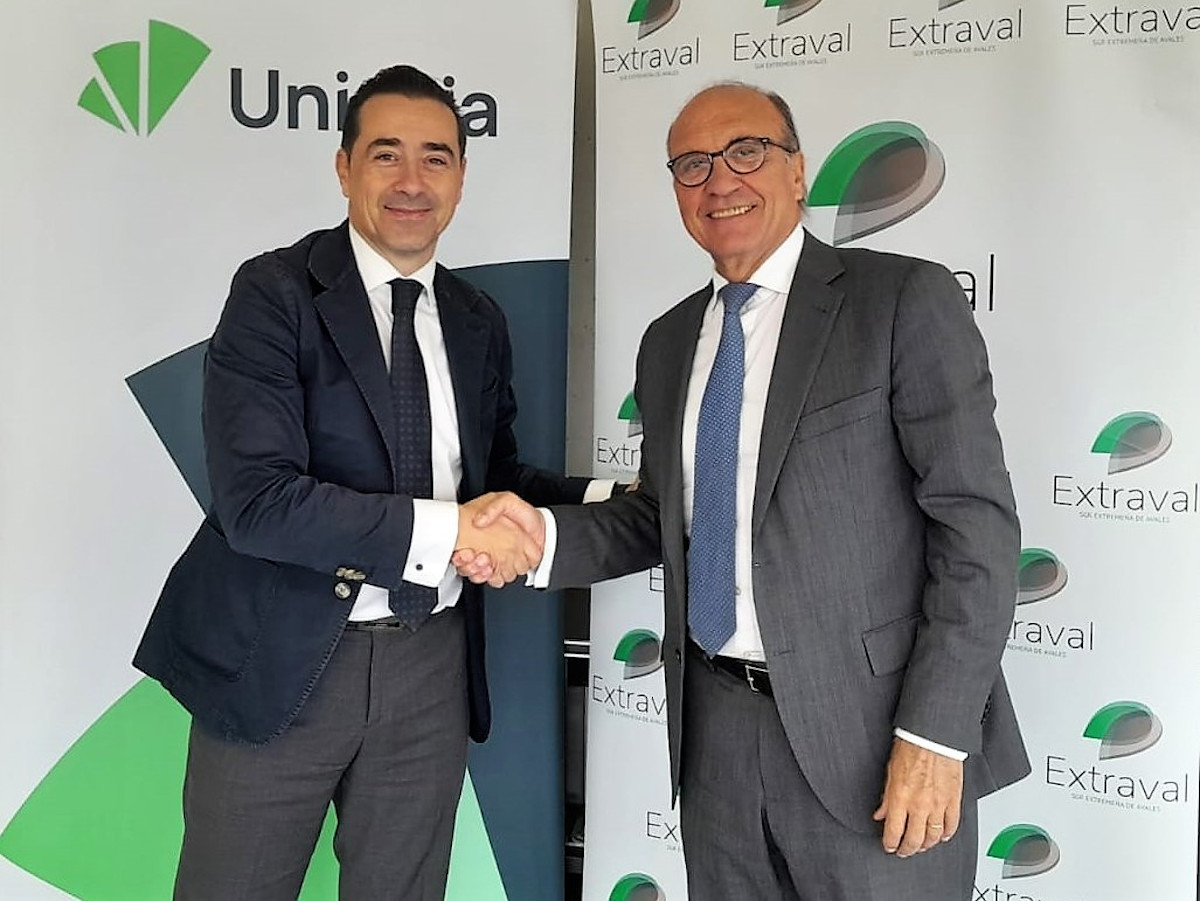Unicaja Banco regards the challenge of sustainability as an opportunity to develop and improve its daily activity. For this reason, it is working on a renewed range of products and services and on reducing its own carbon footprint and that of its customers, promoting a culture of sustainability.
The bank has also promoted lines of action related to sustainability in its social aspect, such as the promotion of financial education; adherence in 2013 to the United Nations Global Compact; its support since 2017 for the 2030 Agenda and the Sustainable Development Goals (SDGs), and participation in the Social Housing Fund, among other initiatives.
From the perspective of governance, significant steps have also been taken in recent years. Thus, the bank has provided itself with a specific structure for management (Sustainability Committee, Sustainability and CSR Committee, Sustainability and CSR and ESG Business Directorates) and has expressly assigned functions to various areas for the management of sustainability within the scope of their respective responsibilities.
Likewise, the bank made a strategic decision with the establishment of the Sustainable Finance Action Plan, approved by the Board of Directors in 2020 and reviewed in 2021, which was fully implemented in the first quarter of 2023. This Plan serves to promote the integration of sustainability criteria in the business model, in risk management and in the disclosure of information, and, additionally, allows the bank to respond to the supervisory expectations of the European Central Bank.
A sustainability strategy: products and services
Among other goals, with its Sustainable Finance Action Plan, Unicaja Banco intends to favor the transition of its products and services to a sustainability rating, in addition to contributing to the design and marketing of new financial products and services, both wholesale and retail, that promote sustainable consumption and investment.
In 2022, the Green Bonds Framework was approved, which has enabled the issuance of two bonds of this nature for a total amount of 1,000 million euros (500 million each bond), to finance new or existing projects due to their favorable environmental impact. Unicaja Banco thus aligns its financing strategy and financing program with its sustainability strategy and objectives, promoting the migration towards a more sustainable balance sheet that is resilient to physical and transition risks.
In this area of retail sustainable financial products and services, the financial institution, together with other companies of Grupo Unicaja Banco, has also taken decisive steps to provide an adequate response to the expectations and preferences of its customers.
The range of ESG financing products includes, among others, the Hipoteca Oxígeno Bonificada (Oxygen Mortgage with Bonuses), the Préstamo Ecomovilidad Particulares (Ecomobility Loans for Individuals), loans for the energy rehabilitation of communities of property owners or energy efficiency improvement, or the Préstamo Ecosostenibilidad Agro (Ecosustanibility Loan for Farmers). In addition, Unicaja Banco markets investment funds that promote environmental or social characteristics, and a pension plan of the same nature.
Further information here.
Carbon footprint and decarbonization goals
On the other hand, measuring the carbon footprint is an essential tool for organizations in order to carry out an environmental management in accordance with the responsibility demanded of them. Unicaja Banco had traditionally offered footprint data of scope 1 and 2*. However, in 2022 it went a step further and published the measurement of the scope 3 footprint, which covers the emissions of all the bank’s activity.
In this way, the carbon footprint of the credit, fixed-income and equity portfolio was measured for the first time at year-end 2022, following the methodologies and databases of international organizations and institutions commonly used at sector level. As a next step, the decarbonization targets for the credit portfolio have been set in April 2023.
Further information here.
Training plan for the entire workforce
At the beginning of the year 2023, giving continuity to the actions started in 2021, a ‘Program on Sustainable Finance and ESG Risk Management’ has been designed, which will reach around 6,600 employees (94% of the total staff of Unicaja Banco), with the aim of reinforcing knowledge and competences in this matter.
This program started last March and is expected to be developed and completed within the year 2023.
Tenth anniversary of adherence to the Global Compact
Unicaja Banco became a signatory of the Global Compact in July 2013, acquiring since that date the commitment, on the one hand, to integrate such principles into its strategy, culture and action plan, thus reinforcing its commitment to balanced and sustainable economic development, and, on the other hand, to communicate it to its different stakeholders.
In April 2017, Unicaja Banco became a member of the Spanish Global Compact Network. This adherence means supporting the actions promoted by the United Nations for the achievement of its objectives and goals, including the SDGs. As a renewal and reinforcement of all this, Unicaja Banco adhered in 2020 to the ‘Declaration of business leaders for a renewed international cooperation’, promoted at a global level by the United Nations Global Compact.
Unicaja Banco has a Corporate Social Responsibility Policy that identifies the priority stakeholders and the forms of relationship with them. Its revision, carried out at the beginning of this fiscal year, has served to expressly incorporate the ‘corporate purpose’ with the following scope: “To contribute financially to the development of a fairer and more inclusive society, with the support of an efficient economic management and fully respectful with the preservation of the planet”.
Vulnerable groups and financial inclusion
Following the adherence of Unicaja Banco at the beginning of 2022 to the strategic protocol promoted by the sector to reinforce the social and sustainable commitment of banking, especially with the elderly and the disabled, in addition to the measures that have been habitually developed in this area, another series of initiatives have been implemented to promote financial inclusion.
In the fight against financial exclusion, Correos and Unicaja Banco have signed a collaboration protocol this year to expand access to financial services in rural Spain. In this way, Correos will put at the disposal of Unicaja Banco its network of 2,389 offices and its nearly 6,000 rural letter carriers, who will be able to facilitate the provision of basic financial services in all Spanish municipalities, with special attention to those located in rural Spain, as well as to the elderly or the disabled. The service is expected to become effective in the coming months, following the development of the necessary technological and operational work.
Especially remarkable is Unicaja Banco’s financial and digital education program, which has benefited close to 3,000 senior citizens in 2022 and more than 2,000 between January and April 2023. The workshops are given by staff from the financial institution itself, in collaboration with the Edufinet Project, promoted together with Fundación Unicaja.
Financial education
Unicaja Banco promotes financial education among citizens through the Edufinet Project, which has the collaboration of 17 universities and 14 public and private institutions and associations.
This project has been developing financial education programs since 2005, with the aim of increasing the economic and financial skills and knowledge of people, and promoting financial culture through courses and conferences, publications and several Internet portals.
Since the beginning of its work, some 244,000 people have participated in the various seminars, workshops, courses and conferences it has organized. The Edufinet Project’s web pages have so far registered more than 19 million accumulated visits, with accesses from almost 180 countries.
* Carbon footprint: Scope 1 (direct emissions from sources owned or controlled by the Bank), Scope 2 (indirect emissions from electricity purchased and consumed), Scope 3 (indirect emissions resulting from the Bank’s activities, but originating from sources not owned or controlled by the Bank).


